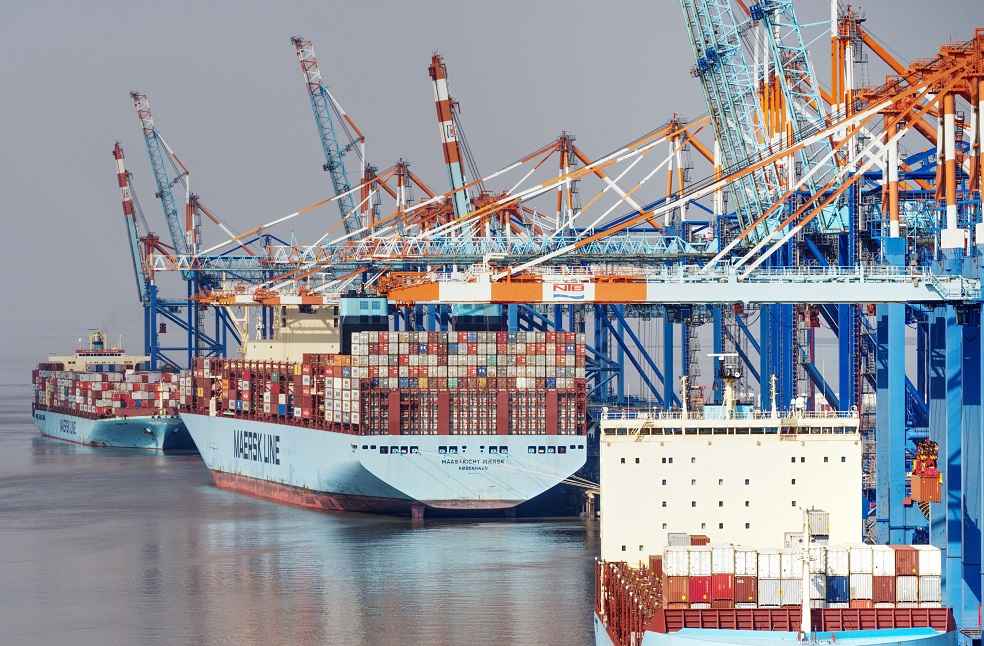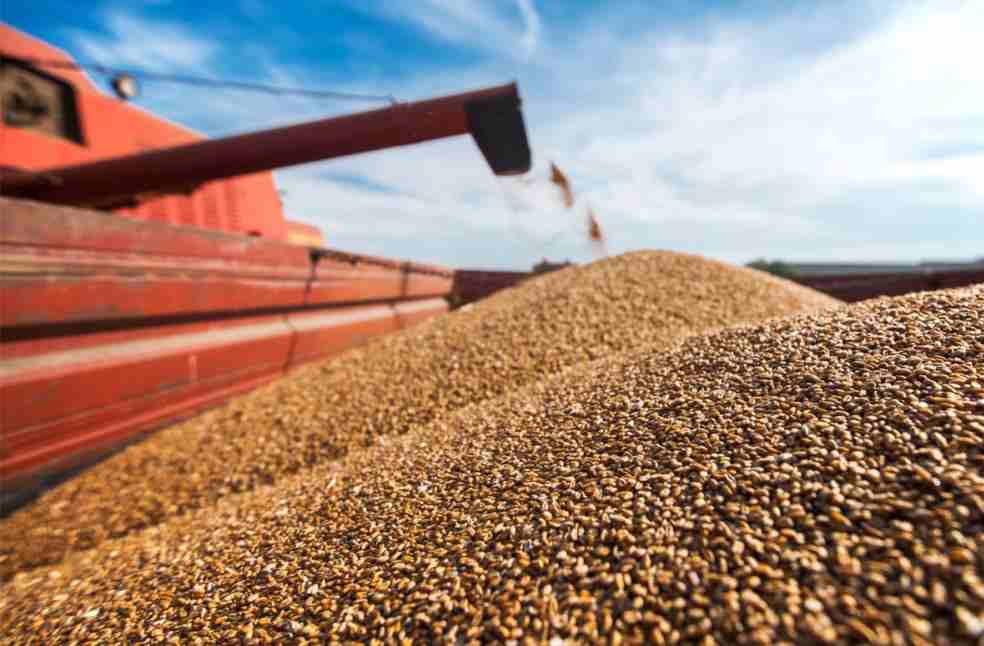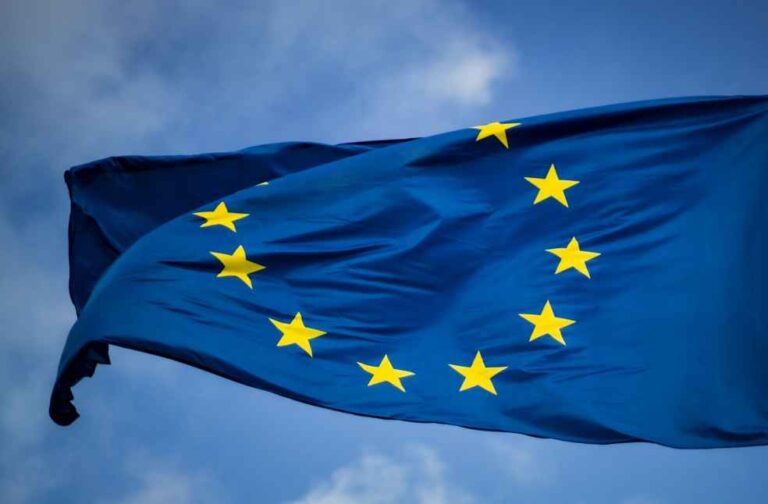The European Union will impose higher tariffs on Ukrainian imports in the coming weeks, potentially impacting Kyiv’s economy during a critical phase in its resistance against Russian aggression, as reported by Financial Times.
According to diplomats, Poland spearheaded an initiative to safeguard the bloc’s farmers, prompting the EU to suddenly terminate special trade agreements that previously allowed most Ukrainian goods to enter duty-free.
The European Union maintains a free trade agreement with Ukraine but expanded its provisions after Moscow’s 2022 invasion by temporarily removing the remaining trade duties. With these measures set to expire on June 6, the EU intends to introduce ‘transitional measures’ as both sides work to revise broader trade agreement.

However, diplomats revealed that the newly proposed transitional framework, which was recently shared with EU member states, would cut duty-free quotas on key agricultural goods.
The Commission’s ‘transitional measure’ divides annual duty-free quotas into 12 monthly allocations to curb imports, with maize, sugar, honey, and poultry facing the greatest impact. The Financial Times reported that maize quotas will decrease from 4.7 million tons to 650,000 tons per year, poultry from 57,100 to 40,000 tons, and sugar from 109,000 to 40,700 tons annually.

The duty-free regime covered low-cost Ukrainian poultry, wheat, and sugar, much of which transited through EU nations en route to Africa and Asia. However, farmers and officials in Poland, France, and other countries soon linked the decline in domestic prices to the surge of Ukrainian exports.
A European Commission representative stated that the post-war trade arrangements will not be extended as efforts continue to update the EU-Ukraine Free Trade Agreement. The spokesperson also noted that the Commission is considering potential transitional measures if negotiations are not concluded and implemented by June 6.
TRADE WORLD | Thailand Trains 40 Firms to Boost Seahorse Farming for Export Markets



